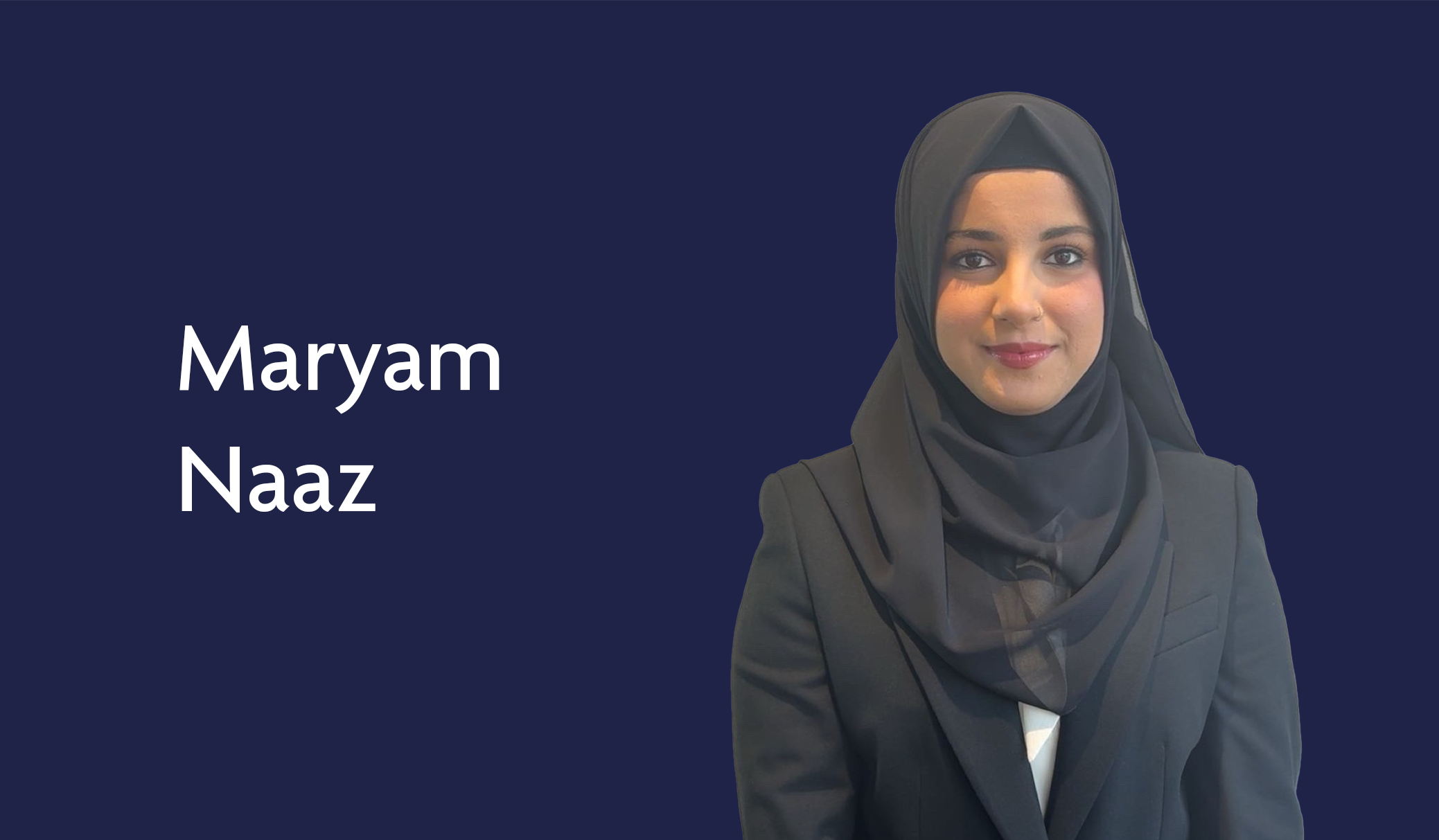CASE NOTE: HALL V DERBY TEACHING HOSPITALS NHS FOUNDATION TRUST [2018] EWHC 3276 (QB)
![CASE NOTE: HALL V DERBY TEACHING HOSPITALS NHS FOUNDATION TRUST [2018] EWHC 3276 (QB)](https://www.parklaneplowden.co.uk/app/uploads/2021/09/case-note-hall-v-derby-teaching-hospitals-nhs-foundation-trust-2018-ewhc-3276-qb-39.jpg)
Abigail Telford considers the case of Hall v Derby Teaching Hospitals NHS Foundation Trust in which the High Court was asked to grant permission for further expert evidence which excluded rather than supported a diagnosis.
Background
The claim concerned the negligent performance of a laparoscopic removal of the gall bladder. The Claimant had residual symptoms of a foot drop and tumours that her neurologist felt unable to comment on. The neurologist commented that input from a neurosurgeon would help to address whether or not these were related to negligently performed surgery.
The Claimant issued an application for permission to rely upon the evidence of a consultant neurosurgeon and proceeded to instruct such an expert. The neurosurgical evidence obtained simply excluded certain diagnoses, rather than providing proof that symptoms were referable to the accident. This and the consequent need to rely on such evidence was not explored prior to the hearing of the application.
Summary of Judgment
At the outset of the judgment, the Court emphasised that parties should not assume that judges have an “encyclopaedic knowledge of hearing bundles by some form of osmosis because materials appear in the hearing bundle as delivered”. Time is needed for a judge to read the papers and application hearings are not ordinarily allocated reading time.
The first hearing was adjourned on the basis that the Claimant had not sought to explore with the Defendant the new intention to rely upon the neurosurgical evidence in relation to excluding diagnoses, rather than providing a positive case as to causation (as had been set out in the application). The Court considered that until the Defendant’s position was known, it was premature to decide whether permission for the neurosurgical evidence was required.
At the second hearing, it became clear that the Claimant had already put the neurosurgical evidence to her experts. The Court commented that the Claimant’s experts who had seen the neurosurgeon’s evidence had either not been assisted by it or did not need to rely upon it given the neurology evidence.
The Court found that there was common ground between the parties as to the exclusion of diagnoses and the formal introduction of expert comment was not required to prove what was agreed between the parties.
The only remaining argument for having the neurosurgical evidence was the desire expressed by the neurologist to obtain such an opinion. The Court considered that this was a question of procedure, having regard to the Court’s duty to limit expert evidence and the overriding objective in relation to limiting costs and limiting the number of issues in dispute. The Court stated that a neurologist might well say that they defer to a neurosurgeon in relation to matters of neurosurgery, but that does not mean that there are neurosurgical aspects to a case. The Court went on to find that permission to rely upon such evidence “cannot be justified simply to satisfy clinical continuity and completeness” and this was “an attempt to use two experts to establish a point that has already sufficiently been made by one”.
Order
The Claimant was therefore ordered to remove reference within its reports to the neurosurgeon’s evidence at the Claimant’s own expense and pay the Defendant’s costs relating to the application.
Comment
This case provides a reminder to all those involved in a claim that just because an expert suggests that they might like a further medical expert to become involved, this does not mean that permission to rely upon such evidence will automatically be granted.
The appropriate approach is to consider the current state of the evidence and whether the expert evidence you are seeking permission to rely upon is necessary, or if the evidence you already have deals sufficiently with the issues. Where the experts you already have address the issues in dispute between the parties and your proposed expert will not narrow the issues, a Court will struggle to find that the overriding objective and proportionality are served by granting permission to rely upon the further medical expert.
As a consequence, parties should be wary of simply obtaining medical evidence and asking their other experts to refer to this before permission is granted. To do so runs the risk of wasting considerable time and expense involved with obtaining such evidence.
Practically, this case serves as a reminder that if you make an application but the nature of the application changes, the applicant should raise that change with the other parties to the case. Where no such steps are taken, wasted costs and delays in an application being dealt with are to be expected.
Finally, this case provides a reminder to advocates that, although judges may appear to be experienced and familiar with the facts and issues in a case, applications lists provide them with little to no reading time and any advocate should therefore tread carefully before assuming “encyclopaedic knowledge” on the part of a judge.










